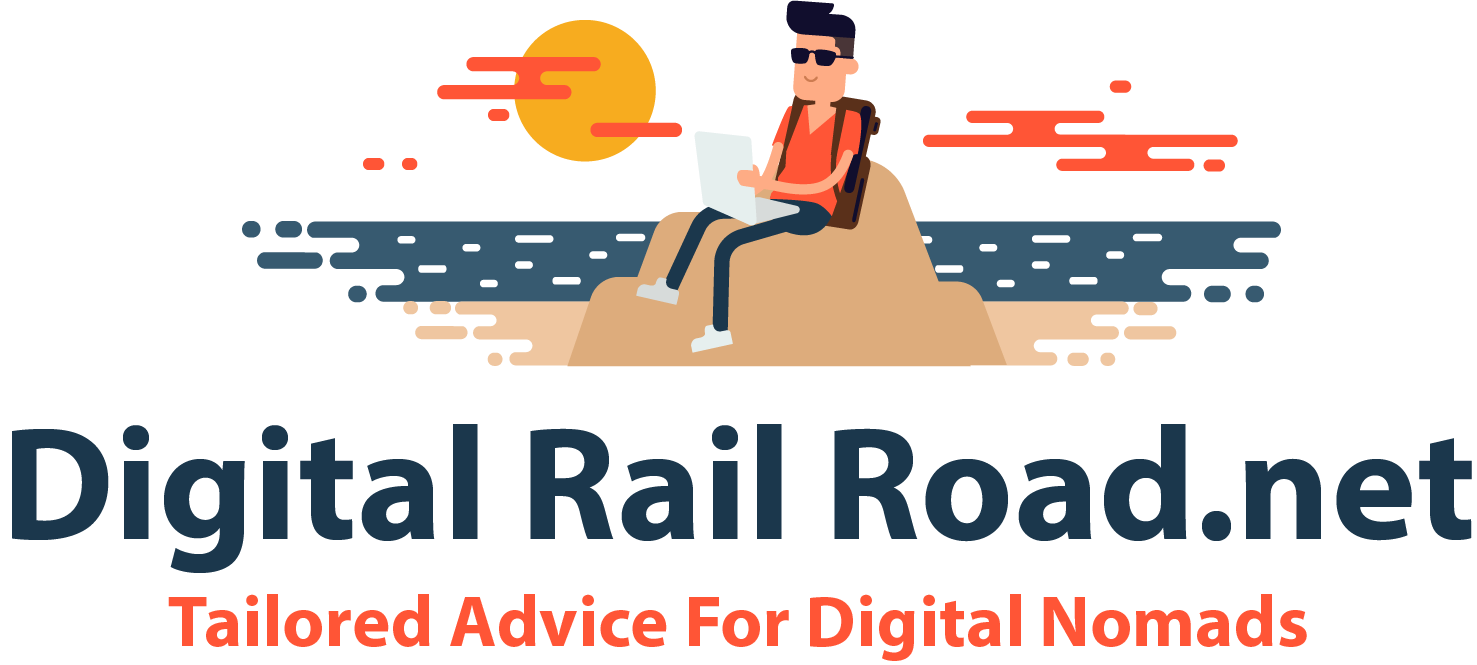The effects of the COVID-19 pandemic made virtual learning a possibility at more schools around the world than ever before. While there is no denying that the idea of remote learning can seem as daunting as completing a major relocation without the help of Black Tie Moving Memphis, many students and educators alike have found that there are actually numerous surprising advantages to be gained from taking on virtual classes. In today’s blog post, we’ll take an in-depth look at how remote learning is different from traditional schooling methods and explore a range of unexpected benefits that could make it more suitable for certain types of learners than more traditional methods.
Personalized Learning
One of the most significant advantages to remote learning for students around the country is the fact that virtual learning allows students to study in a way that fits their unique personal needs and circumstances – far more so than traditional learning strategies associated with in person learning. With the newfound ability to access course material, lectures, and assignments online at any time of day or night in many cases, many students find that they are able to complete their studies in a fraction of the time that it would take to attend classes in person. This makes learning more accessible for a wide variety of students, in particular those who do not thrive in traditional classroom settings and might need a change of pace in order to focus on their personalized needs.
Lower Costs
Another advantage that is often overlooked when discussing the advantages and disadvantages of remote learning is the lower cost of participating in academia when participation is done virtually. In many cases, online courses are cheaper than their traditional, in-person classroom equivalents, and can also come with additional benefits such as access to a wider range of resources and digital study materials. This means that students can often get more out of their remote learning experience at a lower cost than if they had attended a traditional course.
Skill Development
Last but not least, participating in remote learning can also provide many students with an unmatched opportunity to develop essential skills such as time management, self-discipline, and better communication. Since most of the remote learning process takes place independently and on a student’s own terms, there is far more pressure on learners to take responsibility for their own progress, which can ultimately help them to develop these skills and become more self-motivated.
In conclusion, remote learning has a range of surprising advantages that can make it an ideal choice for certain types of learners. With the potential to save both time and money, as well as gain important skills like self-discipline, it’s no surprise that this format of learning is growing in popularity. Ultimately, whether remote learning is right for you or not will depend on your individual needs and circumstances, but it’s certainly worth exploring the possibilitie
